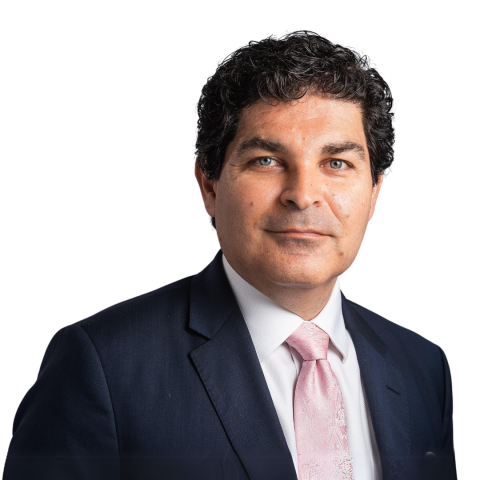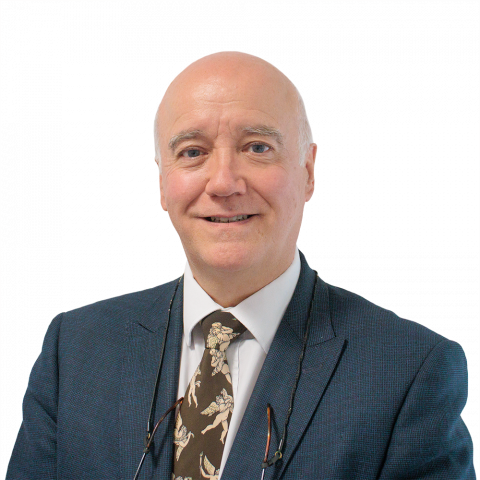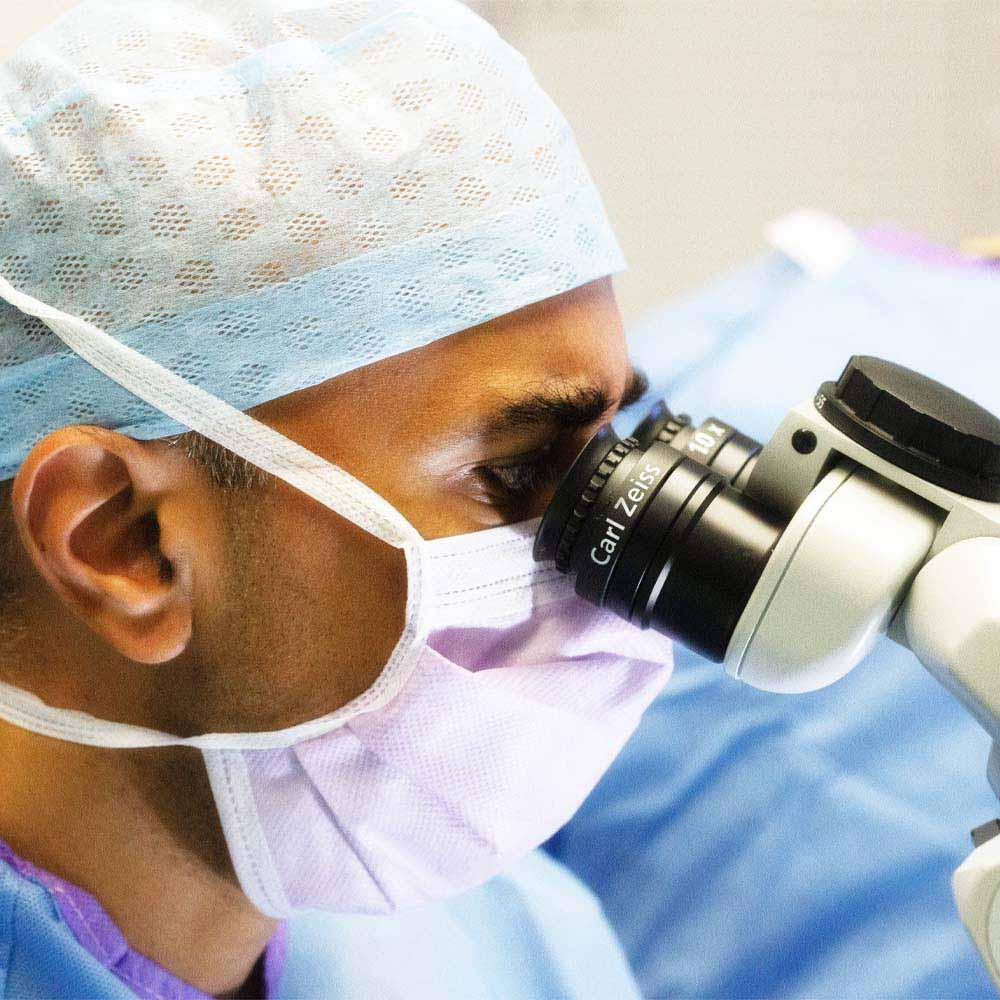Stapedectomy
This page gives you information about a stapedectomy. If you have any questions, you should ask your GP or other relevant health professional.
What Is The Stapes Bone?
The stapes bone is the innermost of the three hearing bones in your middle ear (see figure 1). Sometimes the stapes bone can get stuck, and locks in place. This decreases the sound being carried across to your inner ear (conductive hearing loss). The problem is usually caused by otosclerosis, a condition that causes the stapes bone and bony capsule of your inner ear to thicken. The problem can also be caused by brittle bone disease.
What Are The Benefits Of Stapedectomy?
Your conductive hearing loss should improve so you will usually not need to wear a hearing aid.
Are There Any Alternatives To Stapedectomy?
A normal hearing aid or sometimes a special bone-anchored hearing aid can often help you to hear better.
What Does The Stapedectomy Involve?
This ENT operation is usually performed under a general anaesthetic. The operation usually takes an hour to 90 minutes.
Your surgeon will perform the operation either through a small cut in front of your ear or through a cut around your ear canal inside your ear.
Your ENT surgeon will remove the top part of the stapes bone, make a small hole in the base and then fit an implant made of metal or plastic.
Consultants and Clinic Times

Miss Victoria Alexander
Specialities
Ear, Nose and Throat (ENT)
Mr Behrad Elmiyeh
Specialities
Ear, Nose and Throat (ENT)
Mr Tony Hinton
Specialities
Ear, Nose and Throat (ENT)
Mr Enyi Ofo
Specialities

Mr Parag Patel
Specialities














